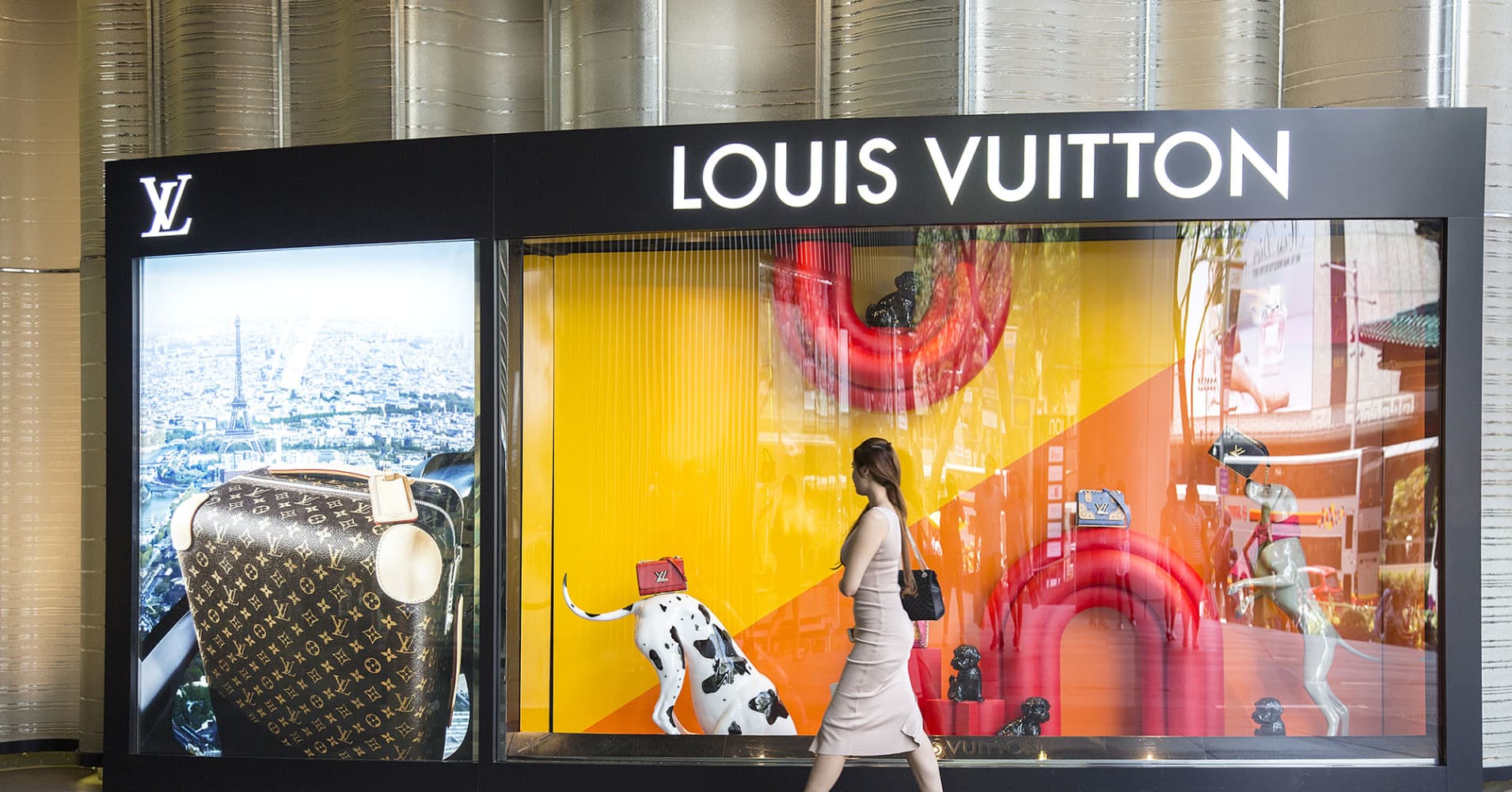
Shares in LVMH hit record highs on Tuesday and the rally extended to its luxury goods rivals, after the owner of fashion labels like Christian Dior signaled strong momentum for the sector with better-than-expected first-quarter sales growth.
The upbeat start to the year for LVMH, the industry’s biggest company, sets an encouraging tone for peers and points to enduring demand from Chinese consumers, which sustained strong earnings at many luxury firms last year.
LVMH, which derives the biggest slice of sales from its mega-brand Louis Vuitton, reported a 13 percent sales rise from a year earlier on a like-for-like basis, which strips out currency swings and sales and acquisitions.
That beat expectations for an increase of around 9 percent in the January-to-March period.
LVMH shares were up 5.2 percent in early session trading, touching record highs.
The shares of its French rival Kering, owner of Italian fashion brand Gucci, also briefly touched record highs and were trading 3.3 percent higher, while Britain’s Burberry also climbed 1.7 percent.
“LVMH’s results confirm the ongoing strong underlying trends in the market,” analysts at Berenberg said in a note.
Rebounding Asian appetite for luxury goods, especially from a younger generation of shoppers comfortable with buying big-ticket items online, is a major motor for the industry.
But headwinds still lurk and investors have been seeking reassurance that the sector’s revival was not running out of steam, especially as earnings comparisons against a strong 2017 may not be as favorable.
A strong euro is still a disadvantage, as it can put off foreign shoppers and can hurt sales made in other currencies and converted back into euros.
Currencies had a 10 percent negative impact on LVMH’s sales in the first quarter, more than some analysts had expected, although some added that the company should be able to mitigate this risk in future by hiking prices.
Trade tensions between the United States and China, meanwhile, could have a knock-on effect on the sector if they hurt Chinese consumer sentiment, analysts at BNP Paribas said earlier this week.
Be the first to comment